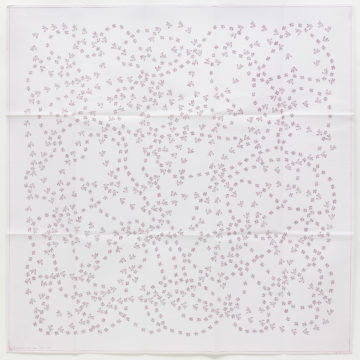 Maya Adereth and Neil Warner interview Michael Mann in Phenomenal World (image León Ferrari, People, 1983).
Maya Adereth and Neil Warner interview Michael Mann in Phenomenal World (image León Ferrari, People, 1983).
MAYA ADERETH: Tell us a bit about your intellectual trajectory.
MICHAEL MANN: I got into sociology almost by accident. I did an undergraduate degree in history at Oxford, and then trained as a social worker. That training included a course in sociology, which I fell in love with. I managed to get a PhD position at Oxford and started doing very concrete empirical research; I did my dissertation on a factory relocation from Birmingham to Banbury. After that I went to Cambridge and continued to do empirical work, I studied the experiences of a large sample of workers in the labor market of Peterborough. When I got my first teaching position at Essex University, I had to teach courses on subjects I knew nothing about, like sociological theory. I remember that in the interview they asked me if I could teach a course on the Enlightenment. I said of course, wondering vaguely what the Enlightenment was.
This set me off on a theoretical path, even as I continued to do empirical work. I wrote an article, which I never published, comparing Marx and Weber’s theories of social stratification. My involvement in the campaign for Nuclear Disarmament persuaded me to add a fourth form of power, military power. That’s something that remained distinctive to my model—that there are four sources of social power, not three as identified by Weber or Althusserian Marxism’s three levels of social formation.
More here.
